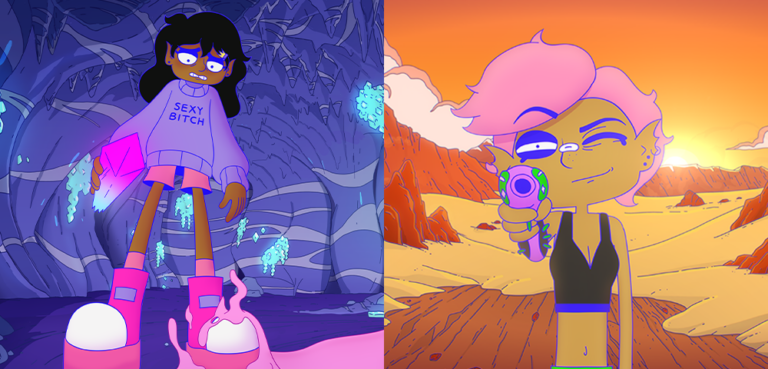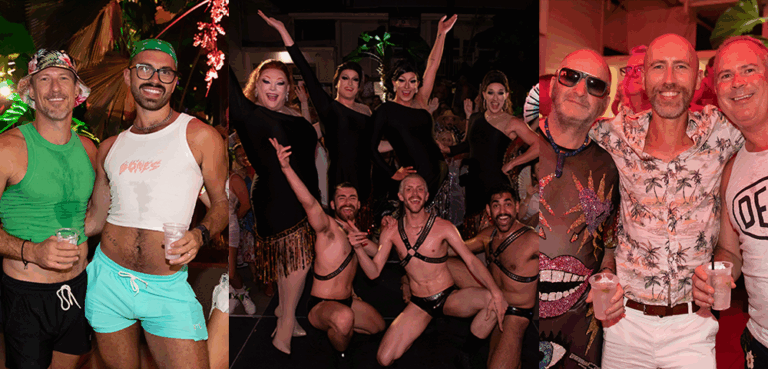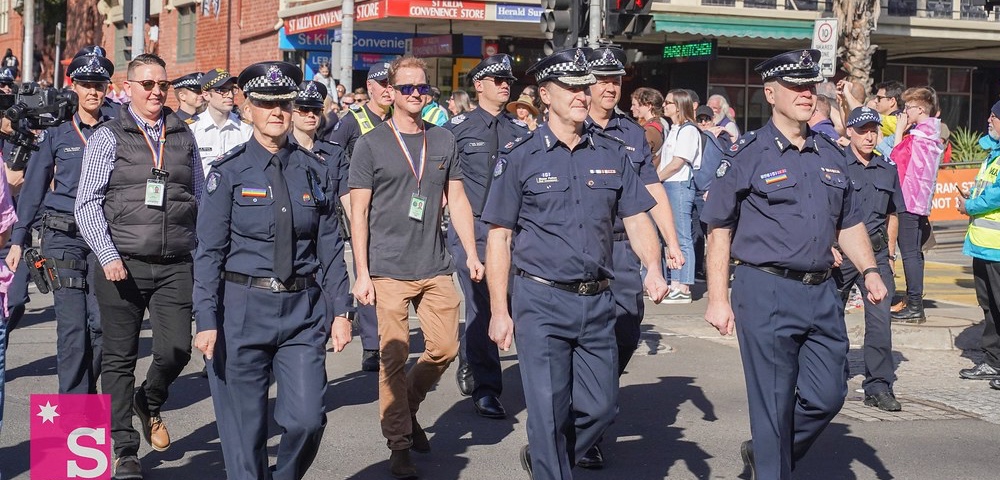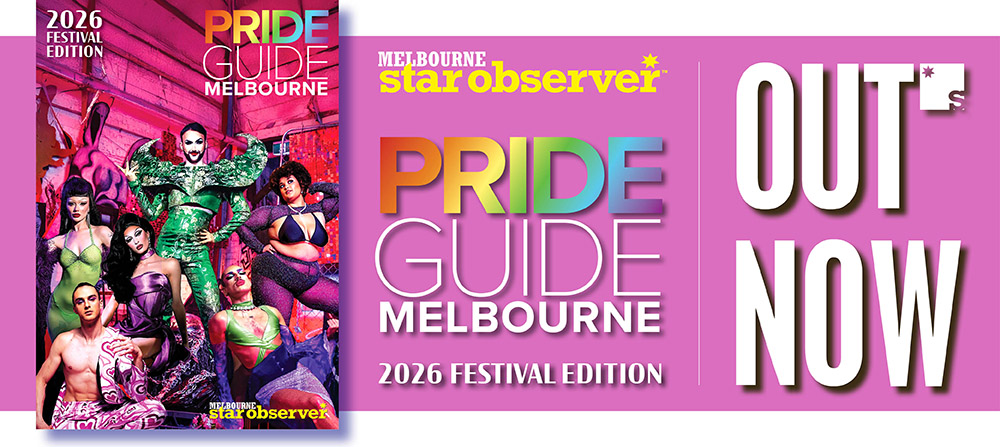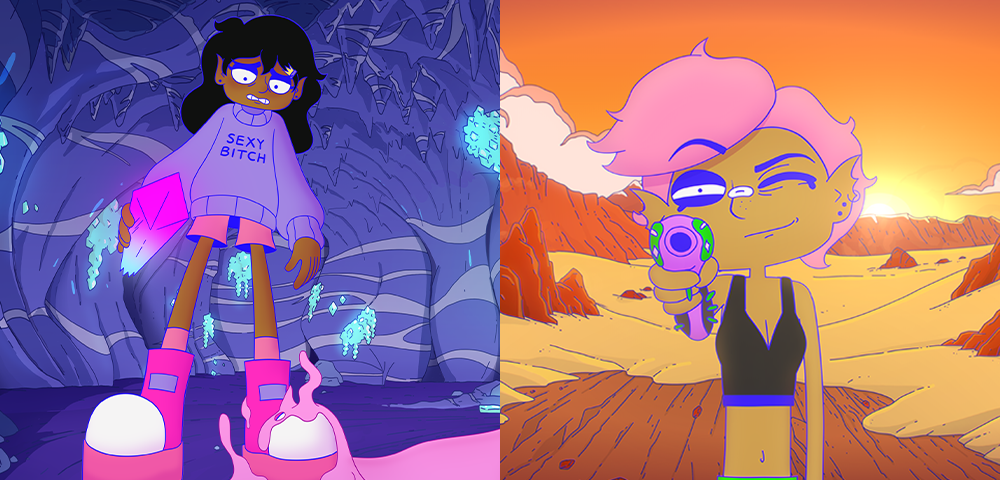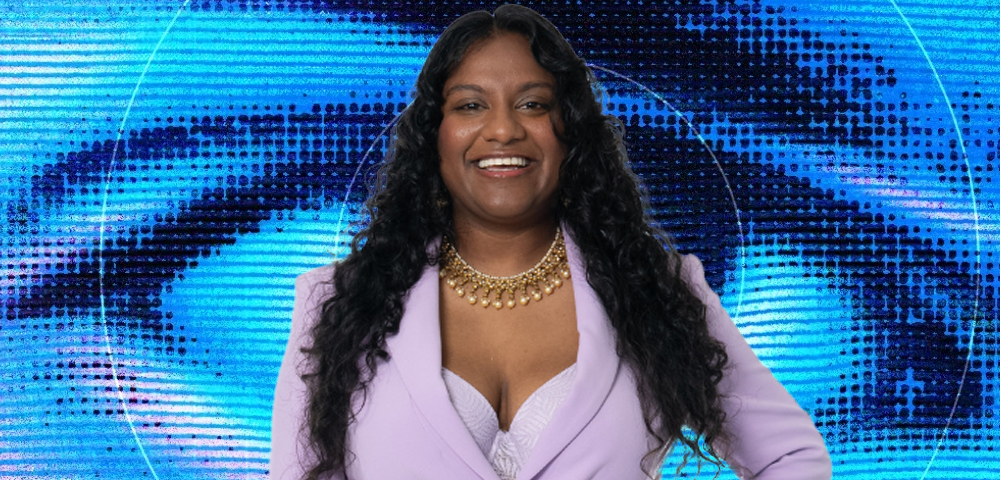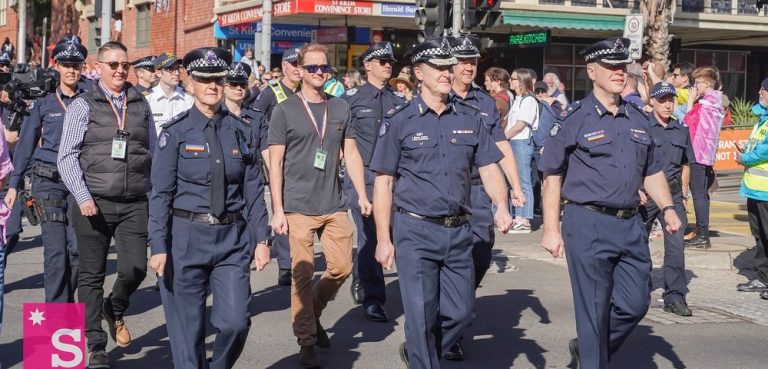
‘You may never write again’: queer playwright Christopher Bryant on overcoming trauma
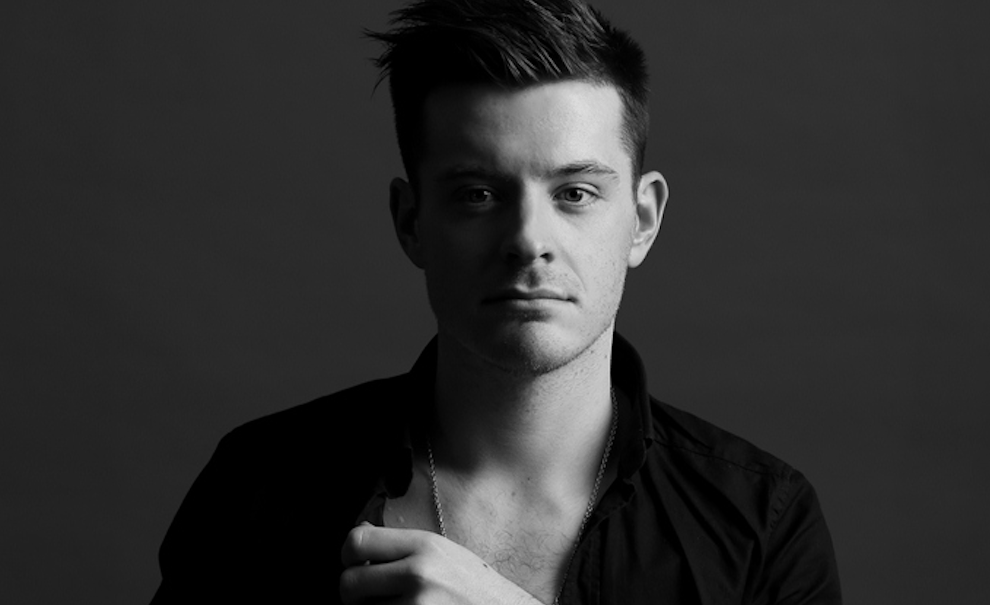
Queer playwright Christopher Bryant’s latest play Sneakyville is heading to Melbourne next month, but there was a time when he wasn’t sure if he’d ever be able to write again.
***
In Australian theatre there is a particular storytelling trope that’s been used so often as to become a mild cliché.
The cliché is this: throwing the audience in the deep end of a story by beginning at its zenith, and then filling in the narrative gaps in an amnesiac order, keeping audience on the edge of their seat as they try to work out what’s going on.
To start my story at its zenith might make its narrative confusing, but it offers an emotional kind of sense.
I am in the head neurologist’s office of the Acquired Brain Injury unit in Caulfield. My neurologist sits across from me and says, quite calmly: “Just so you know, there’s a good chance you may never write again.”
At this point, here is what I know for certain: It is 2014. I am 25. I had been on university holiday from the National Institute of Dramatic Arts (NIDA) and Sydney, where I had moved from Melbourne to study a Master of Writing for Performance.
It was 3am. I was drunk. Very drunk. In fact, I had been heavily intoxicated nearly every night of that year, across my time in Sydney (brought on by my fear of connection and an undiagnosed anxiety disorder), and somehow even more so as I holidayed with classmates in Berlin, the theatre capital of the world.
As I attempted to cross an apparently empty highway, I walked straight into the path of an oncoming vehicle.
It hit me. I flew into the air, and then hit the road face first.
As a result of this impact I fell into a coma, received an acquired brain injury, broke some bones, experienced some amnesia, and had to relearn how to walk, talk, eat, swallow, shave, shower, multi-task, connect with other human beings, and sleep through the night without waking up in a cold sweat; scream clawing its way out of my throat.
And now, apparently, I had to relearn how to write.
“I’m treating a novelist with an ABI,” my neurologist says, misjudging my silent horror for… something, I don’t know what. “He just stopped writing altogether.”
“Oh,” I say.
“Yeah,” he affirms. And then, attempting to lighten the mood: “Never know. Maybe you’ve got a new career ahead of you, hey?”
Ten months later I walked back through NIDA’s front door, bitterly determined to actually finish, this time.
Part of me wonders if my neurologist’s ultimate declaration didn’t force me to heal quicker than I otherwise would have (or else, certainly, to work harder at healing).
Having Sneakyville and Intoxication produced so close to each other makes a lot of sense to me.
Although they’re worlds apart in content, they’re also close together.
Sneakyville is the play I wrote for my MFA; the last play written before my brain injury, a dark (dark) comedy about the world’s obsession with violence, looking at the legacy of Charles Manson – not as the scary hippy preacher, but rather as a figure of the fame machine; the first mass murderer to secure the cover of TIME magazine.
Intoxication, meanwhile, is the first play I wrote after my ABI, begun not two hours after I was told I’d never write again, the product of a wounded mind still in the mires of amnesia.
It was once a full production (Midsumma 2016, La Mama) but has evolved into my own personal retelling of trauma, investigating shame, and the ways in which the queer community mediates anxiety through social media (inspired by my own alcoholic anxiety spiral).
They are both plays written in immense pain – emotional pain, and then physical.
They act as reminders for how far I’ve come: Intoxication literally, as I return to performing my own fear night after night, and Sneakyville as I discover that this fear allowed me – or forced me – to go to places I wouldn’t have otherwise dared to.
Having them performed might allow me to finally kiss goodbye to this chapter of my life.
Part of me believes that by talking about it all so consistently, I slowly but surely sapped it of the power it held over me; began to properly own my story and my choices.
In Trauma and Recovery, author Judith Herman writes that “the ordinary response to atrocities is to banish them from consciousness”, but instead I’ve done the opposite.
As these plays have toured and developed, I’ve confronted them head on and forced others to confront them with me. I’ve sat in the aftermath with these atrocities, eye to eye, wondering: okay, so… now what?
“Commonality with other people carries with it all the meanings of the word common”, Judith writes. “A feeling of familiarity, of being known, of communion.”
This commonality might be in any endless number of projects or passions. Above all, though, commonality is community.
If we can achieve it, even on some small level, then all that we’ll have left is our own truth, wholly accepted and no longer with any power over us.
And then, maybe, we’ll have the rest of our lives.
Sneakyville will be performed at fortyfivedownstairs in Melbourne from August 1 to 12. For more information and to buy tickets: www.fortyfivedownstairs.com/wp2016/event/sneakyville.

